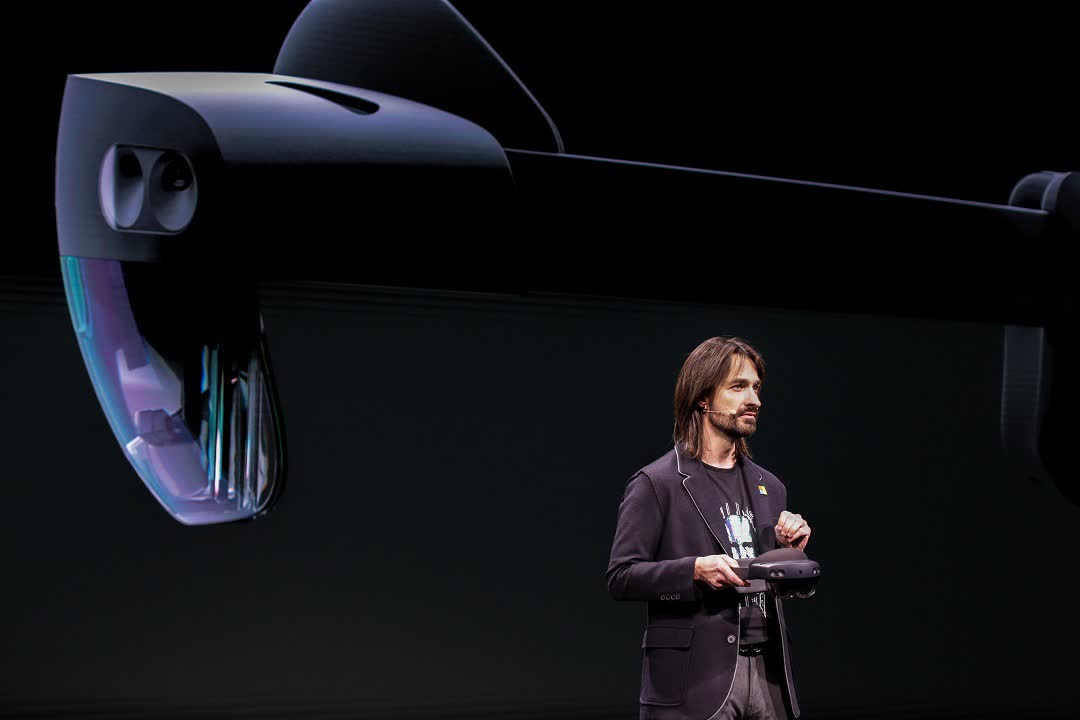What just happened? Alex Kipman, the inventor of Kinect for Xbox and leader of Microsoft's HoloLens mixed reality group, is leaving the company according to an internal email. The development follows multiple reports alleging Kipman of verbal abuse and inappropriate behavior with employees in the mixed reality division.
An internal email obtained by GeekWire confirms that Microsoft's HoloLens boss Alex Kipman will soon be parting ways with Redmond. "Over the last several months, Alex Kipman and I have been talking about the team's path going forward," said Scott Guthrie, Microsoft's head of Cloud and AI, in the email, noting it was mutually decided that now was the right time for Kipman to "leave the company to pursue other opportunities."
The email also revealed a restructuring of Microsoft's Mixed Reality teams, with the hardware group set to be put into the Windows & Devices org. (under Panos Panay), while the Mixed Reality Presence and Collaboration group will be going into the Microsoft Teams organization. Scott noted that Kipman will help with this transition over the next two months "before pursuing what is next for him."

Although the email didn't mention it, the outgoing HoloLens boss had been embroiled in controversy over the past few years, with multiple reports accusing him of inappropriate behavior that made work difficult for colleagues in the mixed reality division.
The most recent and scathing example is from Insider (paywalled), which cites the experience of over 25 employees alleging Kipman of misconduct, including inappropriate touching and behavior with female colleagues, and diminishing their contributions. One instance involved him putting on a VR headset connected to a mirrored display, to watch a video of several young women engaging in an 'overtly sexualized pillow fight' in front of employees in the office.

This might also have been one of the factors behind an exodus of staff from Microsoft's mixed reality division, which is reportedly struggling to build a metaverse strategy. However, the silver lining in this cloud is that Microsoft's $22.8 billion HoloLens deal with the US Army has been officially approved to enter "the Operational Test (O.T.) stage," according to Scott's email.
While this milestone could potentially make HoloLens a part of military gear in the future, Microsoft's restructuring of the mixed reality hardware group under Panos Panay means a Surface-branded goggle for consumers might soon become a possibility as well.
